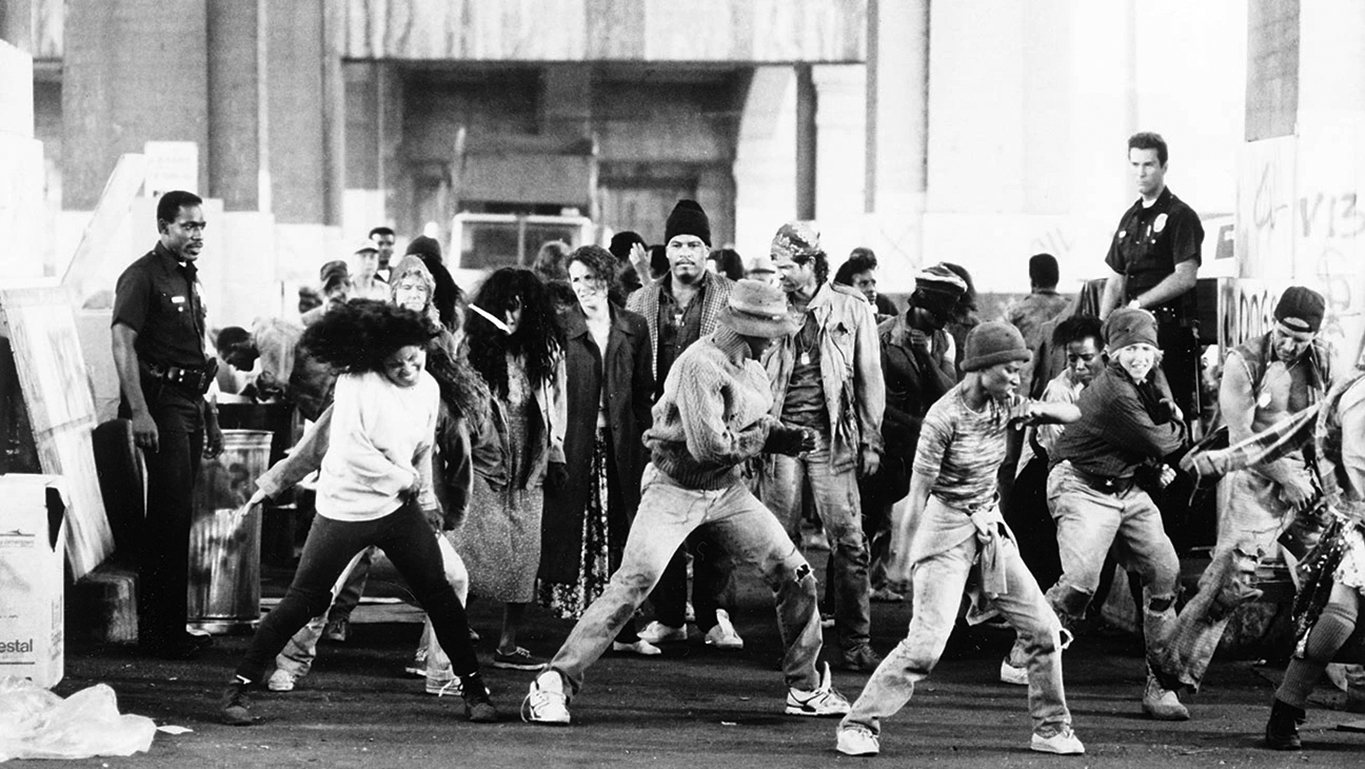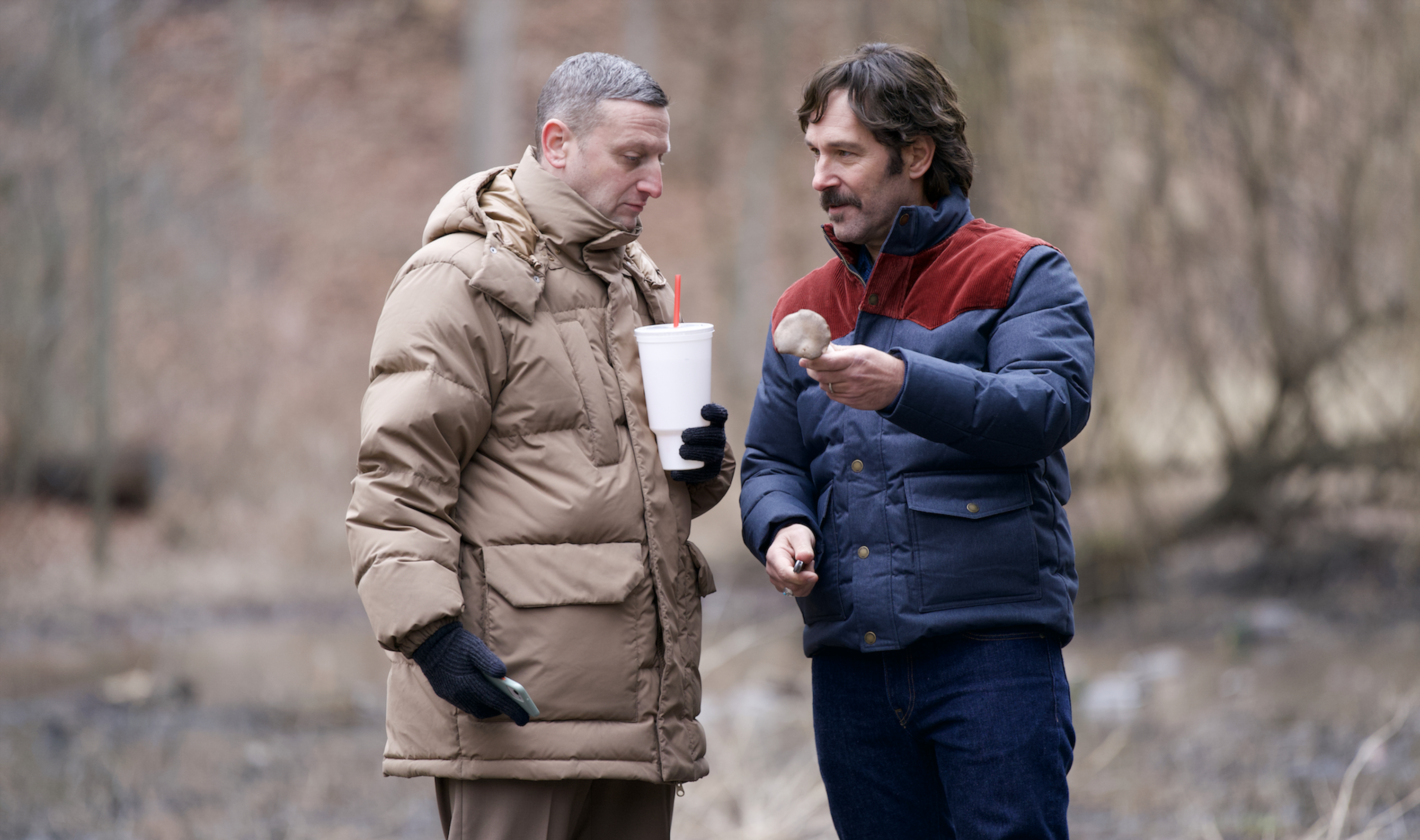Ed Wood’s “Plan 9 from Outer Space” is often described as the worst movie ever made. But if you read film critic Katharine Coldiron’s book, “Junk Film: Why Bad Movies Matter,” you just might change your mind.
Or not. Coldiron makes the case that bad movies do indeed matter.
Fellow film critic Ty Burr describes Katharine’s book as “a smart and sneakily subversive read from a cultural critic with a magpie’s eye for glittering swill.”
News with a little more humanity
WPR’s “Wisconsin Today” newsletter keeps you connected to the state you love without feeling overwhelmed. No paywall. No agenda. No corporate filter.
As she points out in a talk with WPR’s “BETA,” we can learn a lot about filmmaking by watching bad movies and noticing their flaws.
This conversation has been edited for clarity and length.
Katharine Coldiron: Here’s what I know about filmmaking to help dissect why this movie has failed for me. (And that’s a much easier way to look at a movie that I consider junk than a movie that’s just bad.)
A movie that’s bad fails in these sort of ordinary ways that you can talk about and think about with the text of the film. But a junk film requires a more three-dimensional approach, a way to look at it that uses this theory of, well, we’ve got to look at the circumstances of its making and the amount of money that was spent and the the talent of the director and the screenwriter and the all these different circumstances, not just did this succeed or fail as a text?
Doug Gordon: Let’s talk about Ed Wood’s sci-fi horror movie, “Plan 9 from Outer Space.” You devote a lot of space to this movie. Many critics consider it to be the worst movie ever made. What is the single biggest problem with “Plan 9” in your opinion?
KC: I don’t know the single biggest problem. That’s the issue with “Plan 9,” is that everything about it goes wrong. There’s not one single failure unless it’s the man behind the camera.
It’s like asking, “What’s the one biggest great thing about ‘Citizen Kane’”? You can’t name one thing that makes “Citizen Kane” the standout film. It’s just “Plan 9” is an extraordinary record of everything possible going wrong.
DG: And is that the appeal of “Plan 9”? Is that why it continues to be a very popular junk film, if that’s fair to say?
KC: I think it’s a lot more watchable than a lot of bad movies, and a lot of the unintentional humor holds up over time.
It’s enjoyable and it’s passionate and it’s not cynical. And the ways that it goes wrong are endlessly entertaining, timelessly so.
From ‘Hill Street Blues’ to ‘Cop Rock’
DG: You included Steven Bochco’s “Cop Rock” in your book. It’s a TV show as opposed to a film. Do you think there’s a difference between junk TV and junk films?
KC: Oh, yeah. Definitely. Particularly in late 20th century television compared to early 21st century television. Huge difference. Because television was birthed so differently and its purposes are so different than cinema that there’s just no comparison.
But “Cop Rock” is a unique work of late 20th century art, and I just couldn’t leave it out. I had so much fun writing about it and thinking about it and introducing it to people that there was just no way I would fail to write about it.
DG: And you were right to do that. I’m so glad you did write about it, because it’s fascinating. Bochco, of course, had previously created the hit, “Hill Street Blues,” “also “L.A. Law” and “Doogie Howser, M.D.” which was Neil Patrick Harris’ big break. What did you think of “Cop Rock” when you discovered it?
KC: I did not believe that it was real then. I think this is a common reaction when people hear about “Cop Rock.” A friend of mine posted a video. It was “Let’s be careful out there of one of the musical numbers, from “Cop Rock” on Facebook.
And I looked at it. OK, what is this? Did “College Humor” make this? No, it’s too old. Is this some kind of “Saturday Night Live”? No, it’s too earnest. What the hell is this? And so I looked it up, and upon looking it up, I went, oh, my God, what a treasure.

“Cop Rock” is a failed experiment in shoving together two very disparate genres — the musical and the police procedural. Both of those genres are pretty well defined. And putting them together, you have to have someone at the head of that who really understands both of those genres.
Bochco fully understood the police procedural. I mean, he didn’t invent it, but he went a long way toward developing it as we know it now, whereas he didn’t understand musical at all. You’ve got to tread lightly if you’re going to put together especially very well-defined genres, to stick them together.
Some people try to shove genres together that haven’t naturally gone together. And they don’t understand enough about genre studies to really make it work. And Bochco, unfortunately, fell victim to that.
‘Death Bed: The Bed That Eats’
DG: No conversation about junk films would be complete, in my opinion, without talking about the indie horror movie “Death Bed” The Bed That Eats.” What’s your take on this film?
KC: Oh, “Death Bed” is great. “Death Bed” is amazing. I wanted to write about it because it’s reasonably famous as a name of a bad movie. And Patton Oswalt did a routine involving “Death Bed” and I think it came to people’s attention with that.
As I watched the movie and prepared to write about it, I realized it was actually a good movie, and there were things that I could point to and say, you know, this is not done that well, this is a little bit amateur, blah, blah, blah.
But again, the more I watched it, the more I went, OK, but the cinematography is super interesting. The filmmaker made this limitation work for him. Yeah, this is a little iffy, but it kind of works because of that. This is something I’ve never seen before. The more I watched it, the more it came across as a good film and I could no longer continue to deny that. And so in the book, I defend it.
DG: And it’s a film you recommend to people, right?
KC: Oh, absolutely. Yes. And it’s it’s a wonderful little ’70s arthouse horror piece.







